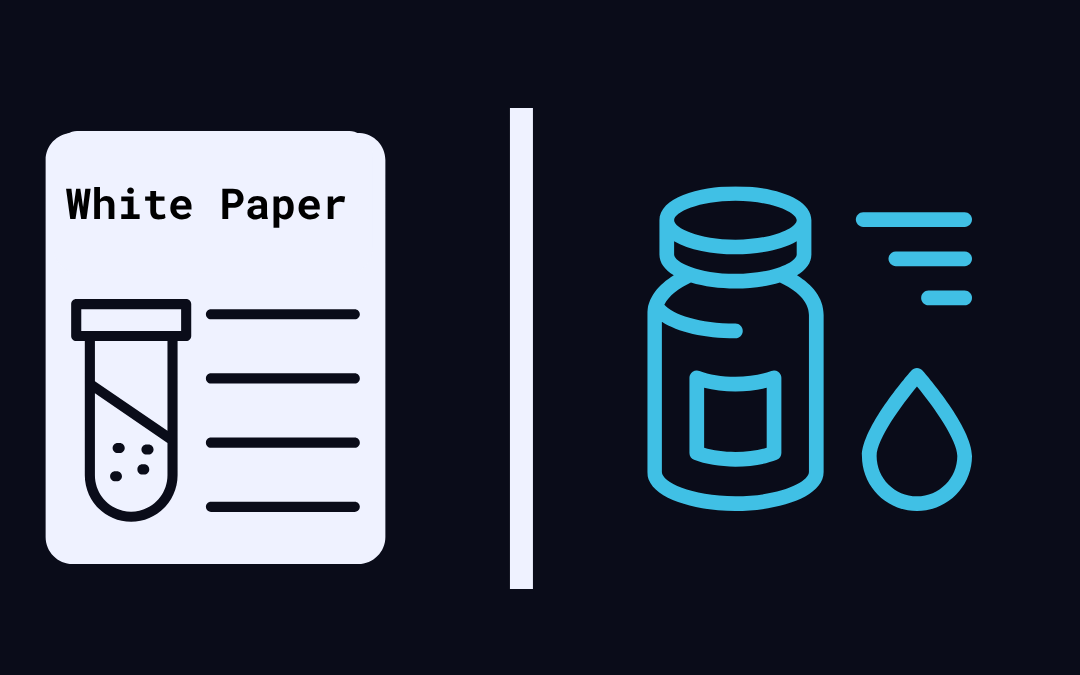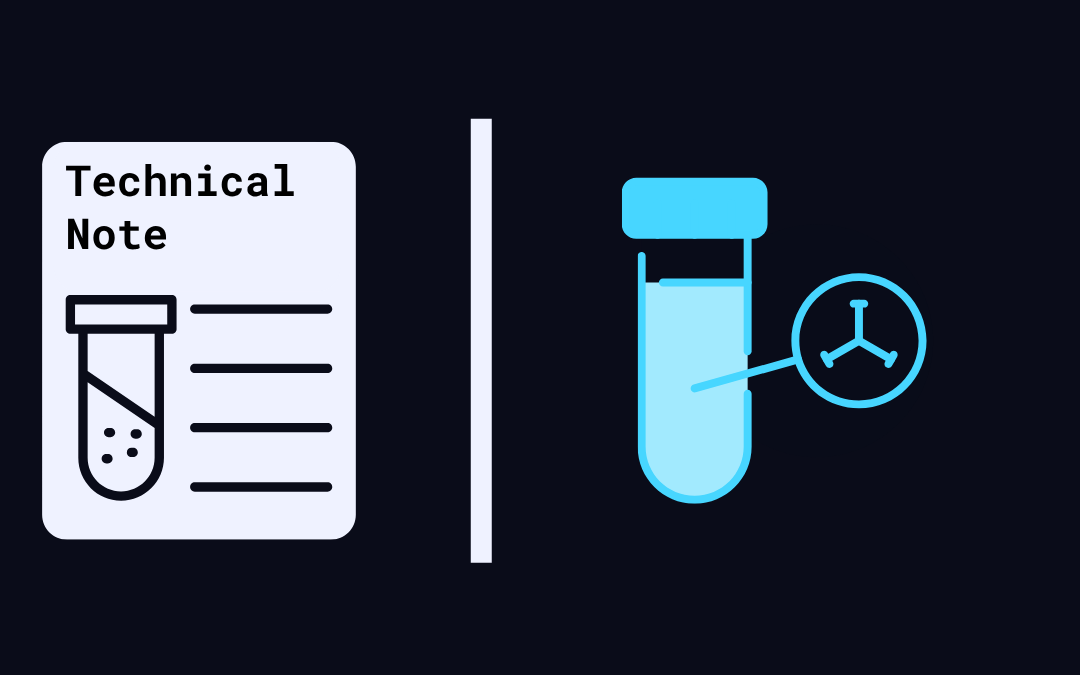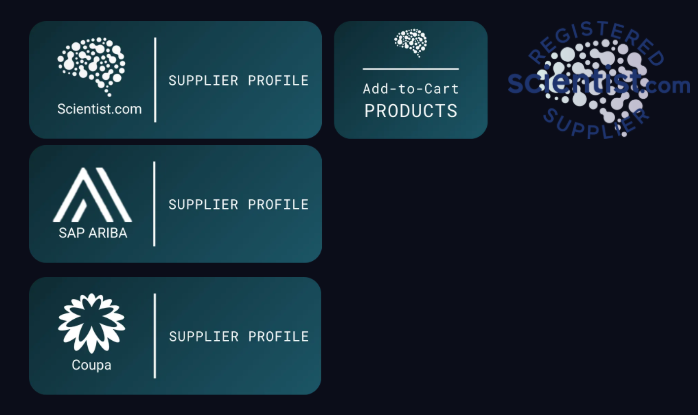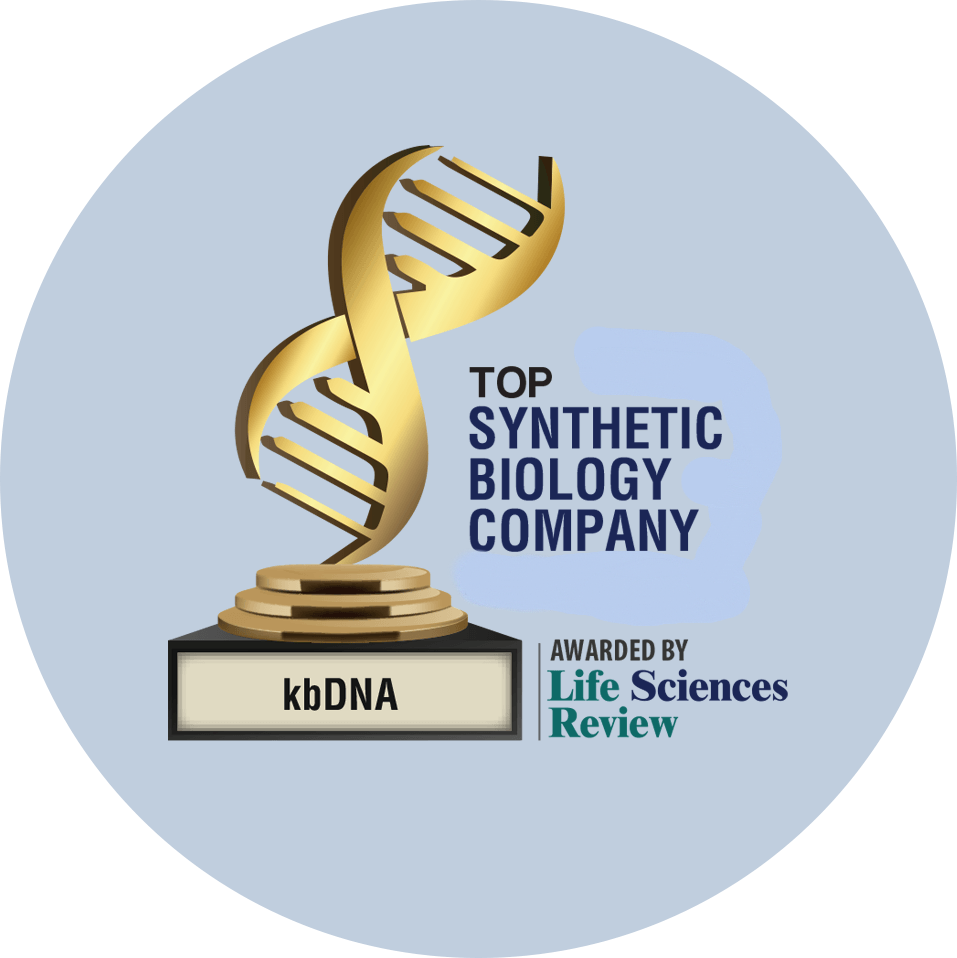Advantages and Applications of Recombinant Antibodies
Abstract:
Recombinant antibodies represent a groundbreaking advancement in biotechnology, offering significant benefits over traditional antibody production methods. This article delves into the advantages of recombinant antibodies, including high specificity and affinity, controlled production, reduced costs, engineering possibilities, and reduced animal use. We will explore their wide-ranging applications in research, diagnostics, and therapeutics, addressing key questions and future directions for this transformative technology.

Introduction:
What are antibodies?
Antibodies, also known as immunoglobulins, are proteins produced by the immune system to identify and neutralize foreign substances such as bacteria, viruses, and toxins. Traditionally, antibodies were produced using hybridoma technology, where animals were immunized to generate specific antibodies. However, the advent of recombinant antibody technology has revolutionized this field.
Recombinant antibodies
are produced in vitro using synthetic genes, providing numerous advantages over traditional methods.
Unlock the potential of recombinant antibodies with our cutting-edge technology and precision engineering. Our solutions offer unparalleled specificity and reproducibility, tailored to meet the demands of your research and development projects. Contact us today to discover how we can elevate your scientific breakthroughs.
Advantages of Recombinant Antibodies
High Specificity and Affinity
Recombinant antibodies are designed to have high specificity and affinity for their target antigens, enabling precise targeting and reducing off-target effects. This high specificity ensures that recombinant antibodies can accurately distinguish between different molecules, which is crucial for applications such as diagnostics and therapeutics. For instance, recombinant antibodies can be engineered to bind only to cancer cells, sparing healthy tissues and minimizing side effects.
Control over Production
One of the significant advantages of recombinant antibodies is the ability to control and standardize production processes. This control ensures consistent and reproducible results, which is essential for both research and clinical applications. Additionally, recombinant antibody production is scalable, allowing for large-scale manufacturing to meet the demands of commercial bio-pharmaceuticals. This scalability is particularly beneficial for producing monoclonal antibodies used in treatments for various diseases.
Reduced Costs
Recombinant antibody production eliminates the need for animal immunization, which is a time-consuming and costly process. By bypassing this step, researchers and manufacturers can significantly reduce costs. Moreover, the purification process for recombinant antibodies is simpler and more efficient compared to traditional methods, further lowering production expenses. These cost savings can be passed on to researchers and healthcare providers, making advanced antibody therapies more accessible.
Engineering Possibilities
Recombinant antibodies offer unparalleled engineering possibilities, allowing for the modification of antibody properties to suit specific applications. Scientists can design multispecific antibodies that can bind to multiple targets simultaneously, enhancing their functionality. For example, bispecific antibodies can be engineered to bring immune cells into close proximity with cancer cells, improving the effectiveness of immunotherapies. These engineering capabilities open up new avenues for innovative treatments and diagnostic tools.
Reduced Animal Use
The shift to recombinant antibody technology addresses ethical considerations and improves animal welfare. Traditional antibody production methods often involve the use of animals for immunization and hybridoma generation. By contrast, recombinant antibodies are produced in vitro, reducing the reliance on animals. This ethical advantage aligns with the growing emphasis on humane research practices and the reduction of animal use in scientific research.
Applications of Recombinant Antibodies
Research and Development
In research and development, recombinant antibodies play a critical role in various applications. They are extensively used in protein purification and characterization, allowing scientists to isolate and study specific proteins with high precision. Additionally, recombinant antibodies are instrumental in biomarker discovery and validation, aiding in the identification of disease-related markers. Furthermore, these antibodies are vital in drug discovery and development, enabling the screening and validation of potential therapeutic targets.
Diagnostics
Recombinant antibodies have revolutionized the field of diagnostics, providing tools for both in vitro and in vivo applications. In vitro diagnostics, such as immunoassays, rely on recombinant antibodies to detect and quantify specific antigens, facilitating disease detection and monitoring. In vivo diagnostics, including imaging techniques, use labeled recombinant antibodies to visualize disease states within the body. These applications enhance the accuracy and reliability of diagnostic tests, leading to better patient outcomes.
Therapeutics
The therapeutic potential of recombinant antibodies is vast, with applications spanning various diseases, including cancer, autoimmune disorders, and infectious diseases. Recombinant antibodies can be engineered to deliver drugs directly to target cells, such as in antibody-drug conjugates, improving the efficacy and reducing the side effects of treatments. Additionally, they play a crucial role in gene therapy, where viral vectors are used to deliver genetic material to specific cells. This targeted approach enhances the precision and effectiveness of therapeutic interventions.
Top Questions
What are some specific examples of how recombinant antibodies are used in research and development?
Recombinant antibodies are employed in numerous research and development applications. For example, they are used in protein purification processes to isolate specific proteins from complex mixtures, aiding in protein characterization and functional studies. In biomarker discovery, recombinant antibodies help identify and validate biomarkers associated with diseases, facilitating early diagnosis and personalized treatment. In drug discovery, these antibodies are used to screen and validate potential therapeutic targets, accelerating the development of new drugs.
How are recombinant antibodies utilized in various diagnostic applications?
In diagnostics, recombinant antibodies are crucial for developing highly sensitive and specific tests. In vitro diagnostics, such as enzyme-linked immunosorbent assays (ELISAs) and lateral flow assays, use recombinant antibodies to detect and quantify antigens related to diseases. These tests are widely used in clinical laboratories for disease diagnosis and monitoring. In vivo diagnostics, including imaging techniques like positron emission tomography (PET) and magnetic resonance imaging (MRI), utilize labeled recombinant antibodies to visualize disease states within the body, improving diagnostic accuracy and enabling early intervention.
What are some of the major therapeutic applications of recombinant antibodies?
Recombinant antibodies have transformative potential in therapeutics, particularly in treating cancer, autoimmune disorders, and infectious diseases. For instance, monoclonal antibodies like trastuzumab (Herceptin) target HER2-positive breast cancer cells, improving survival rates. Antibody-drug conjugates, such as brentuximab vedotin (Adcetris), deliver cytotoxic drugs directly to cancer cells, minimizing damage to healthy tissues. Additionally, recombinant antibodies are used in gene therapy to deliver genetic material to specific cells, offering potential cures for genetic disorders.
What are the future directions for the development and application of recombinant antibodies?
The future of recombinant antibody technology holds exciting possibilities. Advances in genetic engineering and synthetic biology will enable the design of more sophisticated and multifunctional antibodies. Researchers are exploring the development of trispecific and tetraspecific antibodies that can simultaneously target multiple antigens, enhancing therapeutic efficacy. Additionally, the integration of recombinant antibodies with emerging technologies, such as CRISPR and CAR-T cell therapy, will further expand their applications in precision medicine and personalized treatments. The continuous innovation in this field promises to revolutionize healthcare and improve patient outcomes.
Conclusion
Recombinant antibodies offer numerous advantages over traditional antibody production methods, including high specificity and affinity, controlled production, reduced costs, engineering possibilities, and reduced animal use. Their applications in research, diagnostics, and therapeutics are vast and transformative, driving advancements in biopharmaceuticals and healthcare.
The future of recombinant antibody technology is bright, with ongoing research and development paving the way for innovative treatments and diagnostic tools. As this technology continues to evolve, it will have a profound impact on the biopharmaceutical industry, research, and healthcare. Ethical considerations and challenges will remain at the forefront, guiding the responsible development and application of recombinant antibodies.
At kbDNA, we are committed to advancing recombinant antibody technology and providing cutting-edge solutions for researchers. Join us in exploring the limitless potential of recombinant antibodies and driving the future of biotechnology.
Contact kbDNA today to learn more, or to work with us for your reagent needs.
Explore kbDNA’s
custom-tailored reagent libraries
or our
assay kits, and let us know your specific experimental needs by inquiring.
Interested in gene synthesis?
Inquire with us or submit a project.















